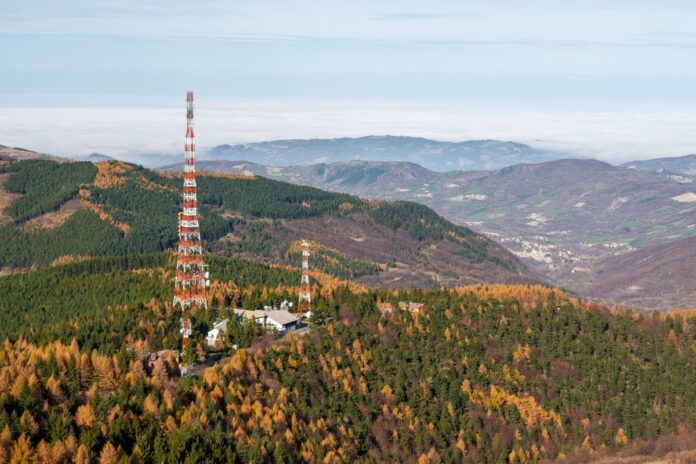
Ericsson equips mobile operator to tap green power
Ericsson and Deutsche Telekom (DT) are erecting solar panels and wind turbines in a bid to ground the soaring electricity costs associated with 5G infrastructure building. All mobile network operators (MNOs) should take note, according to corporate banker Morgan Stanley, which has estimated that $872 billion will be spent across the globe as the rollout of 5G networks proceeds until 2030. Can MNOs erect a new mast without seeing spikes in their electricity costs?
Solar Capex
The capital expenditure needed for sourcing solar panels and turbines will be worth it in future operational savings, according to Mats Pellbäck Scharp, Ericsson’s head of sustainability. “Energy costs for our sector are around $25 billion per year, probably closer to $30 billion, at current energy prices,” said Pellbäck Scharp, Ericsson’s head of sustainability, “so it is sort of on the same magnitude as the investment in radio equipment and other things.”
Fossil fools
A 5-kilowatt wind turbine and solar modules could power DT’s entire Dittenheim site 120 miles north of Munich in the state of Bavaria. However figures suggest otherwise. The twelve square metres of solar panels that are already operating have only supplied about 10% of the site’s required energy in the year since they were installed. When the wind drops or sun rays are blocked relief comes from Germany’s centralised, coal fired plants via a connection to the main grid.
Cheap dirty power
Though they are getting 90% of their energy from burning fossils, Scharp said that for telecom operators there are times when it is financially logical to use local renewable energy. Market prices of power are typically higher during the morning and evening and DT’s home-made power becomes viable. But in off-peak times it is better to rely on the ‘cheap and dirty’ power from the national grid when lower demand reduces costs.
Solar roll-out
However, DT and Ericsson say the new system could be quickly rolled out to other mobile sites in the future. Energy costs accounted for around 5% of telecom operators’ operating expenditure on average, according to estimates from McKinsey, a figure which is expected to increase as 5G is deployed more widely.


